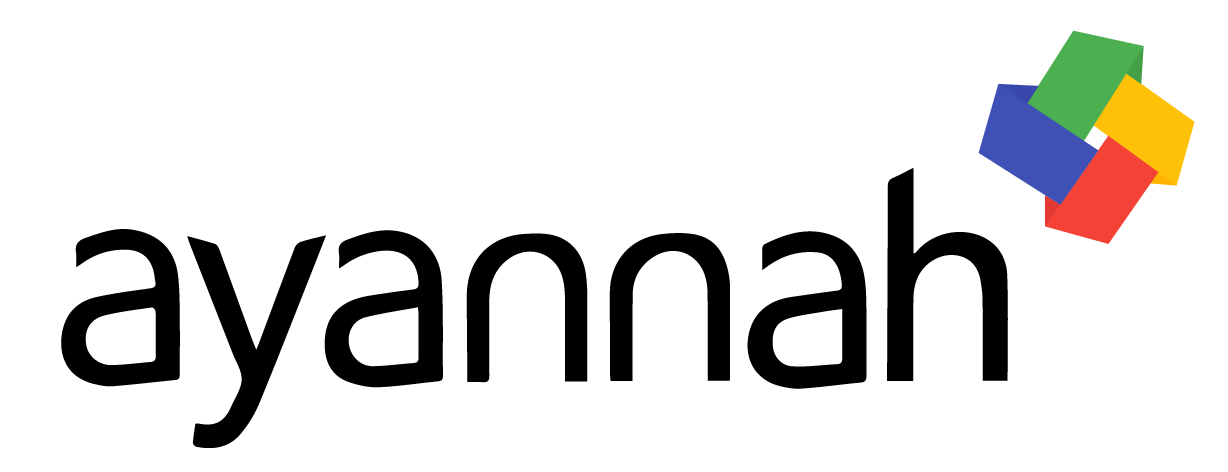The Economist - "Migrants' Money Could Be Put to Better Use"
May 25th 2013 | BANGKOK |
THE world economy may be struggling, but foreign remittances continue to grow. In all, 250m migrant workers will send home $500 billion this year—up from $410 billion in 2012, according to a new report by the International Fund for Agricultural Development (IFAD), an agency of the United Nations. More than half ends up in Asia, but much of the money is wasted on expensive transfer services and gets stashed away rather than put to productive uses that might help reduce poverty.
Changing this was the main topic at the Global Forum on Remittances this week in Bangkok, a conference organised by IFAD and the World Bank, which focused on Asia. Participants agreed that bringing a bigger part of the remittances into the formal financial system could do more for economic development than official aid and foreign direct investment combined. The much more difficult question is how to make this happen.
Migrants tend to be good credit risks, but most cannot access conventional financial services. Banks shun them because they are uncomfortable with the risks of transferring cash, fearing penalties for abetting money laundering and financing terrorism. So migrants have to resort to costly money-transfer services. In Africa fees can amount to 20% of the money sent.
At their destination savings often end up under the mattress—rather than channelled into microfinance schemes, for instance, as many development experts have long hoped. “The marriage between remittances and microfinance has not happened,” says Donald Terry, of the Boston University School of Law. One reason for this seems to be that in rural areas (the destination of 40% of migrants’ transfers) financial infrastructure and literacy are patchy to say the least.
Yet things are improving, at least in the case of transfer fees. They have been falling since 2009, when the G8 group of rich countries promised to reduce them by five percentage points in five years. This has put more than $30 billion into migrants’ pockets, reckons Massimo Cirasino, an expert on payment systems at the World Bank.
Oddly, hardly anybody at the conference mentioned that many migrants may not fancy using formal financial channels because they prefer informal ones. In Bangkok Burmese migrants use a system called hundi. Brokers do not wire the money, but ask a trusted counterpart in Myanmar to pay the recipient, often on the same day (the balance is settled later, sometimes in gold or gems). This is much cheaper and more reliable, says an Asian banker: “I’d prefer the Chinese or Indians to move my cash over a bank any day.”
